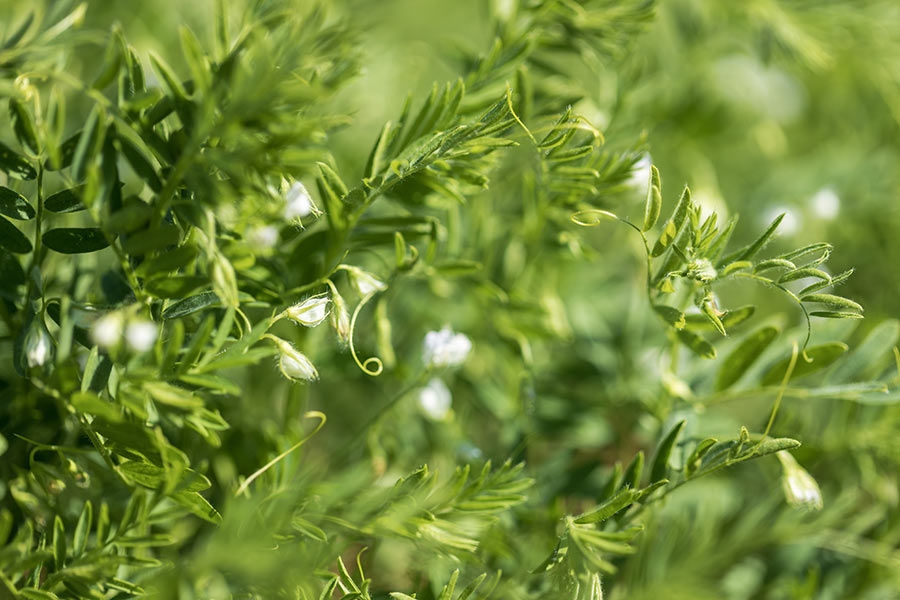Evaluating the Effects of Seeding and Inoculant Rates on Weed Suppression, Nodulation, and Soil Health on Organic Lentil Production in the Northern Great Plains

Jed Eberly, Assistant Professor, Montana State University
Lentils are important for diversifying wheat-based cropping systems and are also beneficial in enhancing soil health. These benefits have contributed to the exponential growth in pulse crop acreage in The Northern Great Plains (NGP). However, little is known about the optimum seeding and appropriate inoculation rates to improve crop growth, nutrient acquisition, weed management, and yield potential for lentils in organic systems. The goals of this project are to evaluate effects of seeding rates on lentil yields and weed competition. These goals will be achieved through a multi-site replicated trials on grower’s fields in three different lentil growing areas of Montana. Three lentil varieties would be selected based on seed sizes; large, medium, and small and will be seeded at four different rates.
Impact: Improved lentil yields, nutritional quality, and better returns on investments for organic lentil growers.


